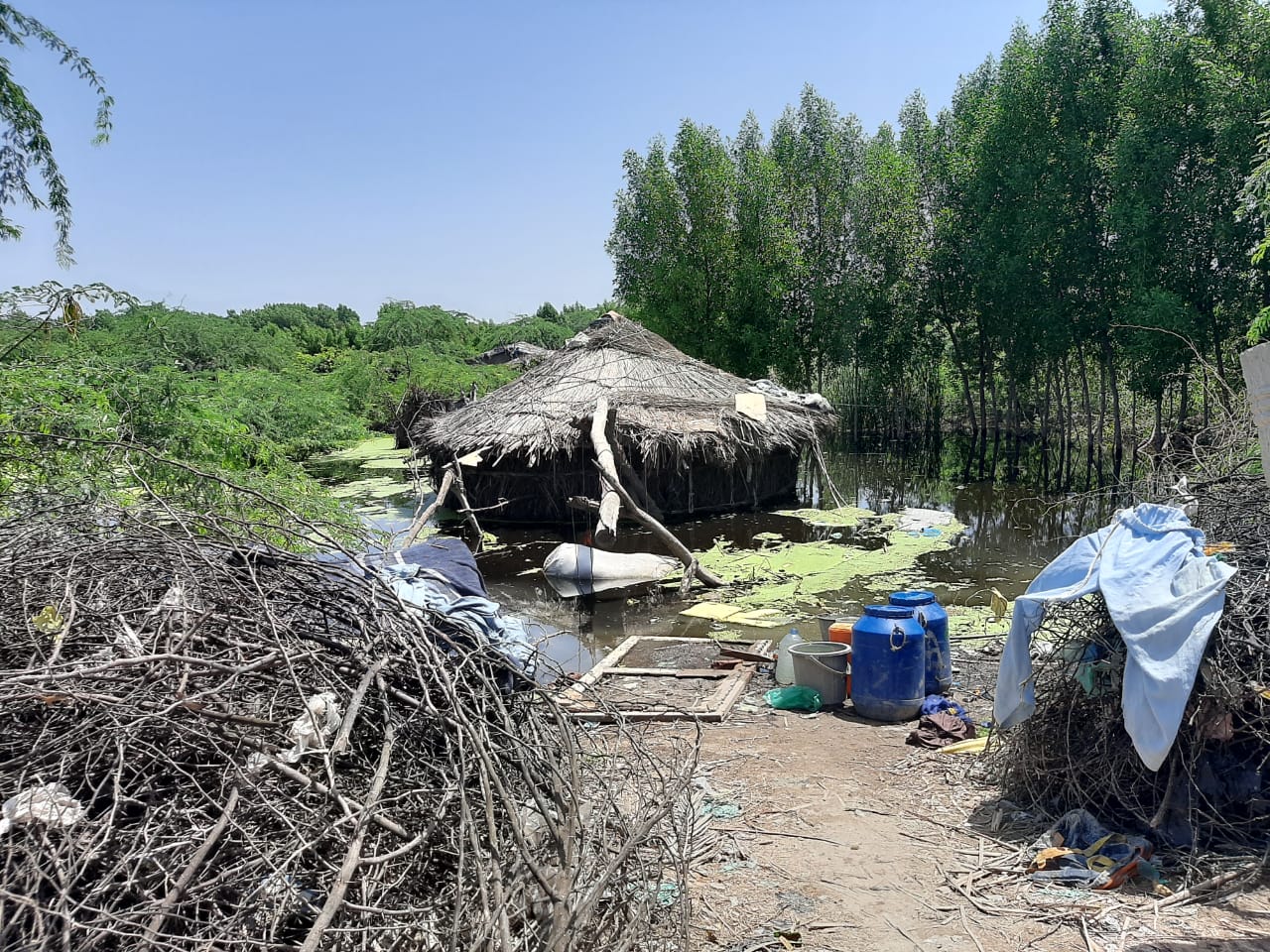
Floods leave lower Sindh parched
Rainwater contaminating hand pumps, water tanks has created acute drinking water scarcity
MIRPURKHAS:
One may die many different ways. Of those, one of the most ironic would be dying of thirst when surrounded by water.
Though it seems unlikely, this very situation has been mocking the people of lower Sindh, as villagers and persons displaced by recent rains and floods thirst for every drop of water in the scorching summer heat.
All sources of potable water sit submerged in contaminated rainwater. So, people wait. They wait for hours with patience, until the thirst is too much to bear. And then, they scramble, gulping down mouthfuls of water — and muck and dirt. What's important is not dying of thirst. The revulsion and diseases can be taken care of later.
But later, their own desperation infuriates them to no end, driving them to tears.
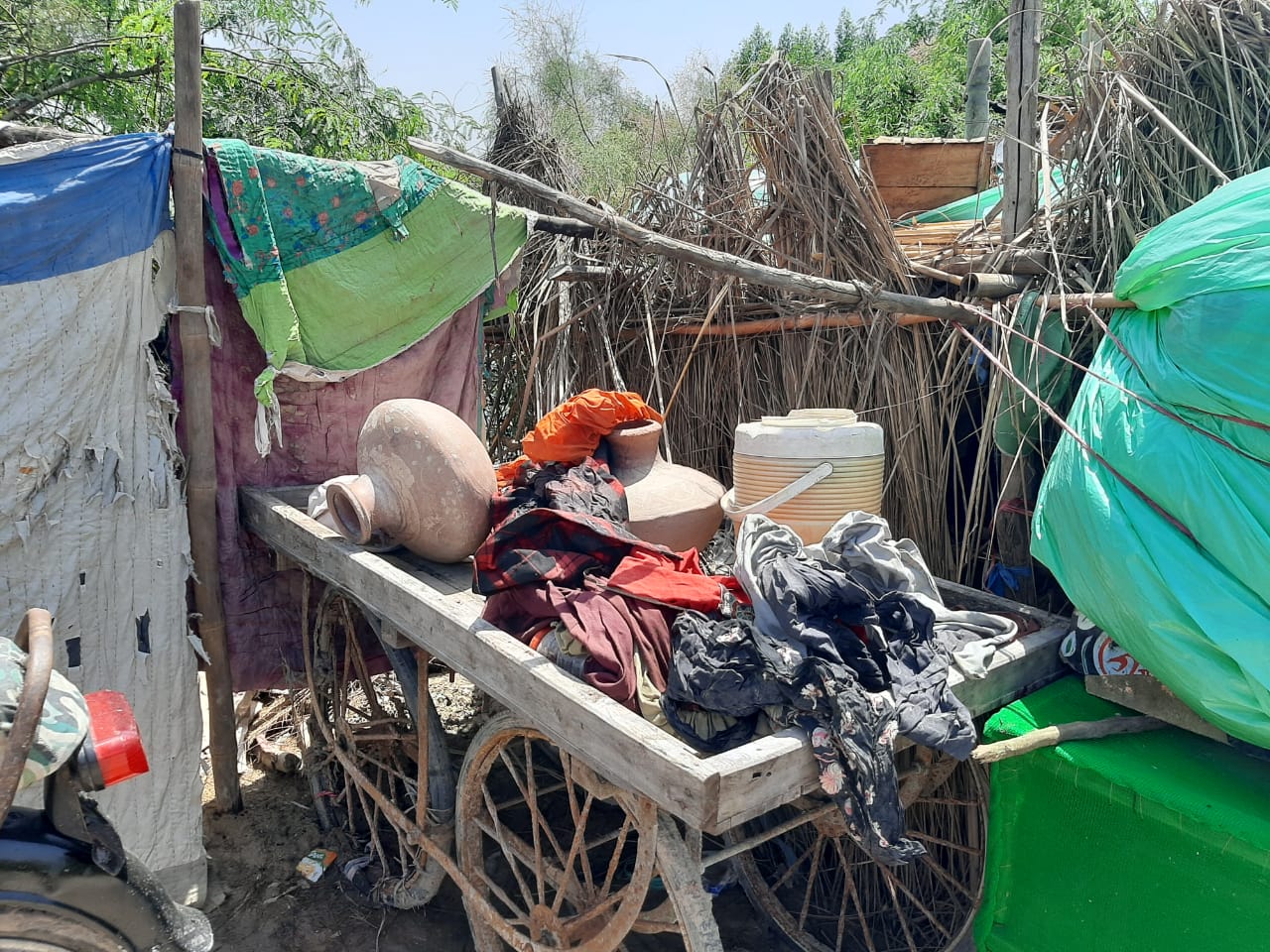
PHOTO: SAMEER MANDHRO/ EXPRESS
This was evident when Mukhi Odhi, a flood-displaced Hindu man, who has taken refuge near Khipro city, spoke to The Express Tribune. "Here, animals and humans consume the same water, which you see everywhere around us. No one, not even the government has bothered asking us whether we get to eat and drink like humans," he wept, the anger and helplessness clear in his voice.
He is of the opinion that as a Hindu, he has been suffering more than Muslims dealing with the same ordeal. "We are Hindus, [and so] no one has bothered to offer us a glass of water or asked how we are faring in the aftermath of the rain," he said. "Do they want us to beg now?"
However, Muslims in lower Sindh — where villagers either rely on hand pumps for potable water or consume tap-water — complain of the same predicament.
"Hand pumps are submerged and water tanks have been contaminated," explained Jahangir Junejo, a resident of a village near Sindhri town. "There is no water for people — or even animals — to drink."
Displaced families living on the roadsides have to consume contaminated water for the same reasons too, he added.
So, when someone gave Sono Kolhi, hailing from Sufi Faqeer town and now displaced due to floods, a six-litre bottle of clean drinking water, it didn't last even a day.
"My family finished it within a day," he related. "How could it have sufficed for weeks, or even just four days?"
According to Ramla Meghawar, who has sought shelter in Bach Band, in most displaced families, women are responsible for arranging water and cooking food.
The empty bottles and containers sitting in their tents, though, speak tales of their disappointment. "There is water everywhere around us, but we cannot consume it," decried Meghawar. But then, on second thought, remembering that she had little choice, she added, "But people continue to drink it, knowing that it is contaminated." And one can drink it, if the ratio of the water far exceeds that of filth, she went on, in a bid to convince herself more than anyone else.
The situation, though, was different in another locality, situated near a source of drinking water in Khipro city. Thankfully — or not — people still have access to hand pumps there.
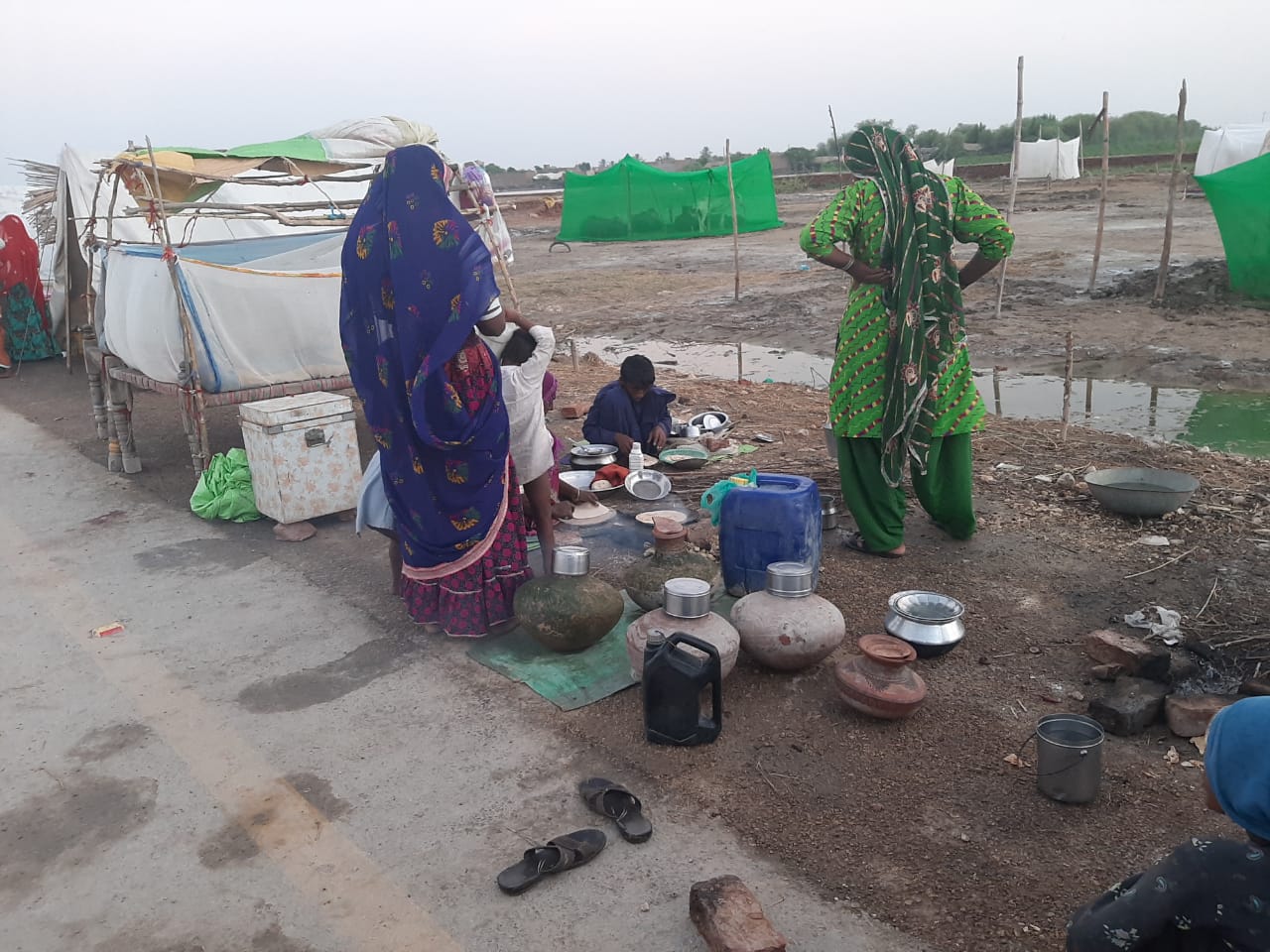
PHOTO: SAMEER MANDHRO/ EXPRESS
"The unsuspecting majority is using these hand pumps to get potable water here, but I am not sure whether it is actually suitable for drinking," a resident of the neighbourhood, Raja Khatri, said doubtfully. "Nonetheless, this the only option we have."
Khatri's concerns find ground in health officials' warning of an outbreak of water-borne diseases, including typhoid, diarrhoea and skin infections, in the region.
"This is because even hand pumps have been contaminated," explained Sindh health services director general Dr Irshad Ahmed Memon, adding that health authorities, on their part, had distributed 700,000 aqua tablets among rain-affected families.
Strongly recommending the use of boiled water, he pointed out the need for at least 100,000 doses of typhoid vaccine, in addition to those provided for routine immunisation.
"My department has already approached the World Health Organisation, seeking its assistance on the matter," he said, assuring that they would also ask the National Institute of Health, Islamabad, for assistance and make certain that all required vaccines were procured.
Until then, the residents of lower Sindh will battle uncertainty, illness and a water crisis. And, as Ramji Kolhi, from a village near Pithoro, pointed out, not many were concerned with the aftermath of drinking contaminated water now.
"The water around us is harmful for humans and animals alike, but drinking it is a compulsion, not a choice," he pointed out.
Published in The Express Tribune, September 14th, 2020.



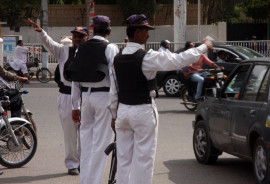
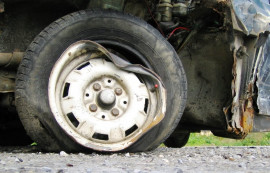







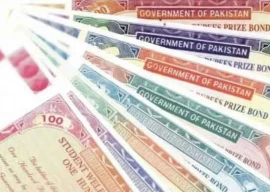








COMMENTS
Comments are moderated and generally will be posted if they are on-topic and not abusive.
For more information, please see our Comments FAQ